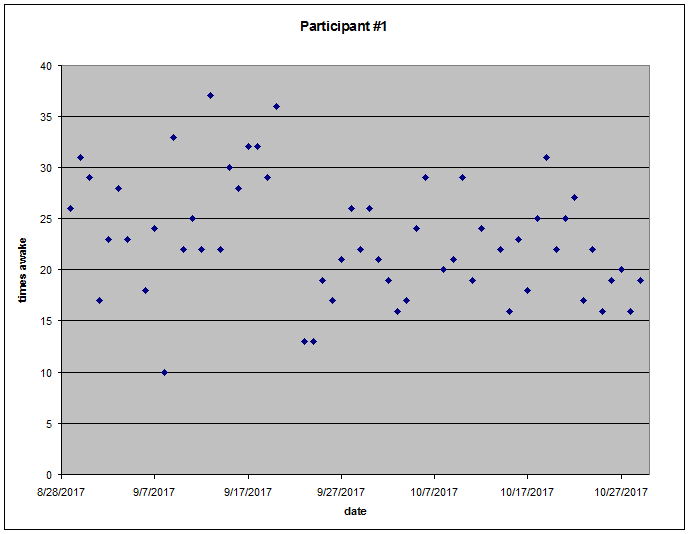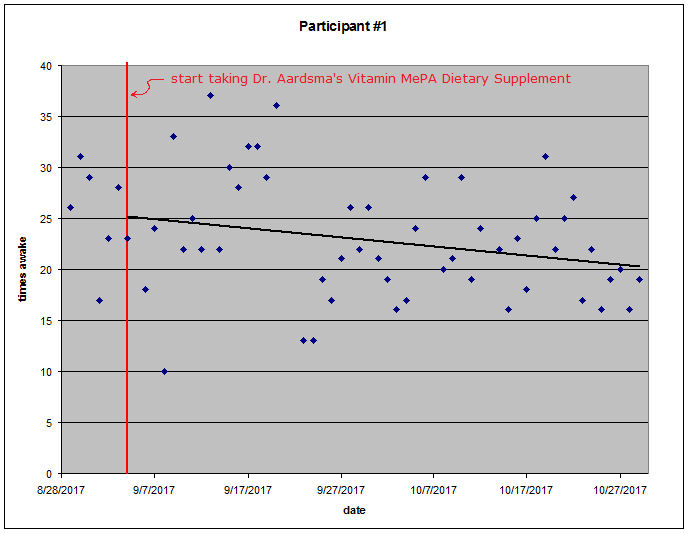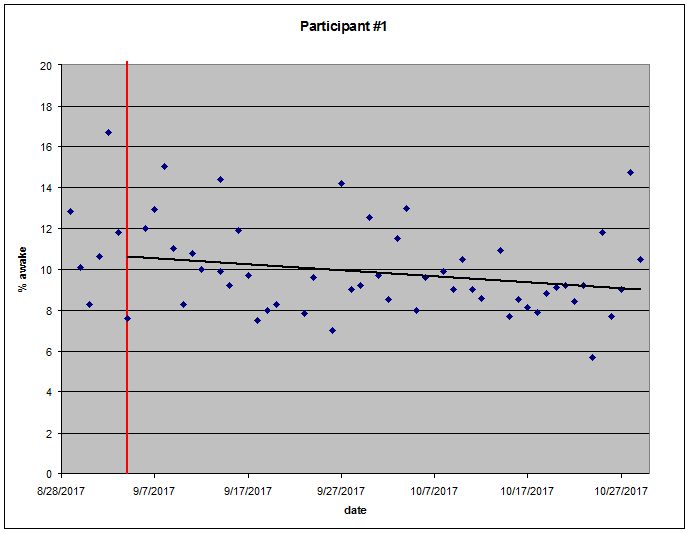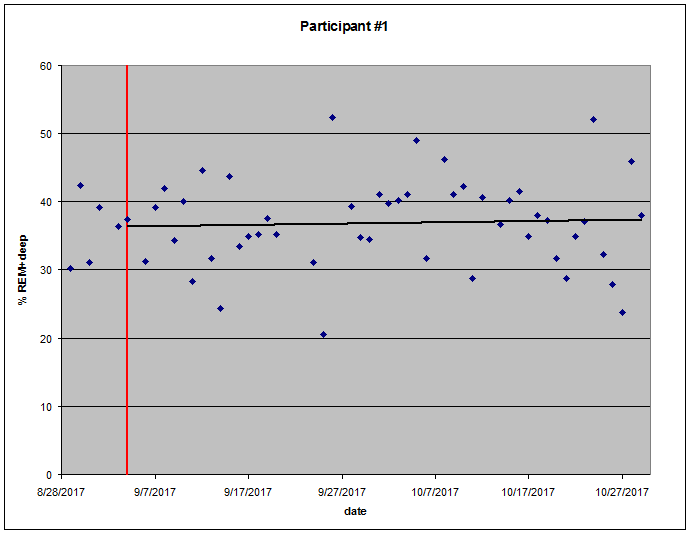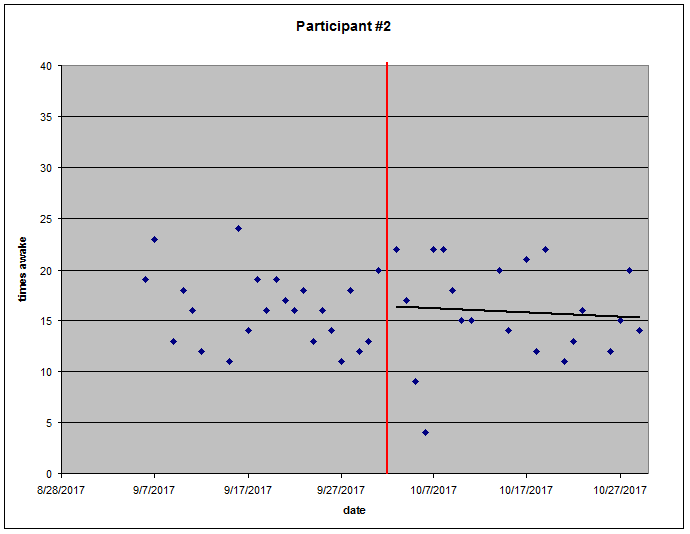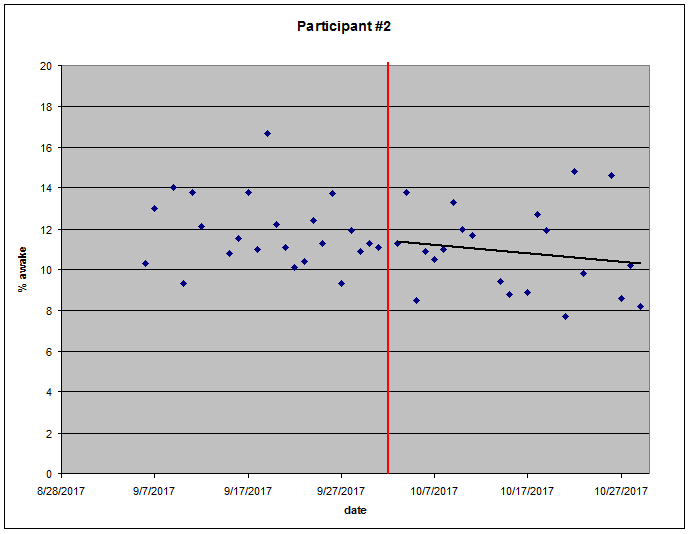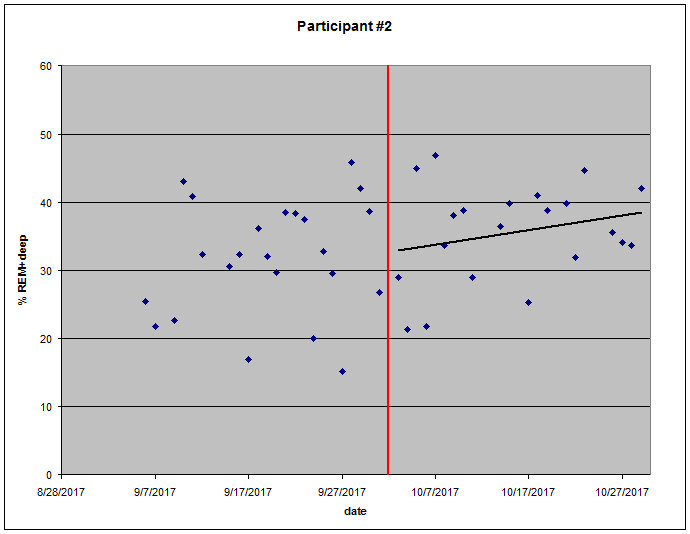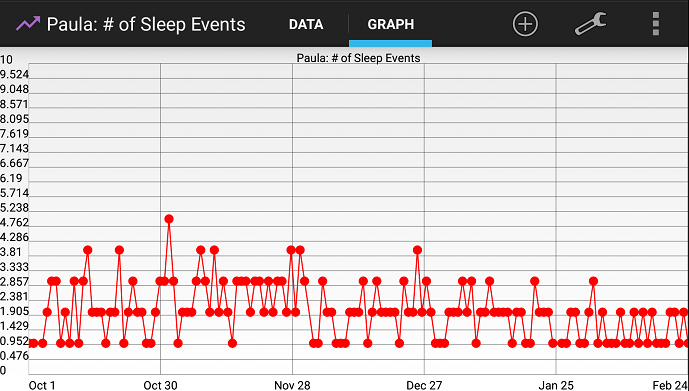
|
|
|
|
|
|
Home
About
Resources
anti-aging vitamins books
- A New Approach...
- The Exodus Happened 2450 B.C.
- Noah's Flood Happened 3520 B.C.
- Age of the Earth Collection
- Aging: Cause and Cure
- Bread from Heaven: The Manna Mystery Solved
newsletters
podcast
speaker for an event
time charts
videos
Topics
Overview
Biblical Chronology Dendrochronology Radiocarbon Dating Mt. Sinai Jericho Ai The Exodus Noah's Ark Imhotep/Joseph
Correspondence
- anti-aging vitamins
- antiquity of mankind
- ark search
- Bible chronology
- "The BC" publication
- Bryant Wood's critique
- calendars
- Heshbon
- horses and chariots in Egypt
- Jericho --- Joshua's curse
- lifespan research
- missing millennium: reception
- missing millennium: textual
- Mt. Sinai
- Noah's Flood
- Philistines
- radiocarbon
- Sodom and Gomorrah
- teaching science and creation
- the Exodus
- tree rings
- virtual history
- young earth creation
Contact Us
Vitamin MePA TestimonialsSleepby Gerald Aardsma; November 2, 2017I reported in Aging: Cause and Cure (see the link to the book in the banner bar above) that both Helen and I experienced significant sleep benefits from taking vitamin MePA. Our experiences now appear to have been corroborated by others. I summarized our experiences briefly on page 117 of Aging: Cause and Cure.
Over the past few months, a few volunteers have begun testing vitamin MePA. The purpose of these tests has been to gather more data on specific effects of the vitamin on overall health. The impact of the vitamin on sleep was of particular interest. The question I wished to answer was whether my experience and Helen's experience was reproducible with other vitamin MePA users. To measure the effect of the vitamin on sleep, several participants were equipped with commercially available Fitbit Charge 2® bracelets. These devices automatically record activity and heart rate data, from which sleep stages are estimated on a daily basis. Two participants have sleep data which is helpful at the present time. (Several participants lost substantial early data due to difficulty syncing their Fitbit, others have not been in the trial long enough to expect to see any effect yet, and one, who works nights, has an atypical sleep routine with frequent naps, for which Fitbit is unable to estimate sleep stages.) There are three stages of sleep: light, deep, and REM (rapid eye movement). These stages serve different functions, and their duration impacts how we feel and function the next day. For example, "When you wake up feeling refreshed in the morning, you're likely to have experienced solid periods of deep sleep during the previous night." (https://help.fitbit.com/articles/en_US/HELP_article/2163) Participant #1Participant #1 is a 59 year old female who was experiencing chronic sleep difficulties prior to taking Dr. Aardsma's Vitamin MePA Dietary Supplement. It is important to note that this participant is in heart failure and is taking a complex variety of medications for multiple health concerns. Her sleep before beginning to take MePA was described as "inefficient, erratic, and unproductive." She described herself as "continually exhausted." Some nights she would be awake for multiple hours waiting to fall asleep. The graph below shows data obtained from Participant #1's Fitbit. This particular graph shows the number of times she woke up each night. (We all wake up briefly many times each night, but most of these awake interludes are not remembered.) Note that the graph spans a little more than two months.
It is immediately obvious that there is quite a bit of scatter in the data. This is to be expected for several reasons. For one thing, the Fitbit cannot measure wakefulness directly. It can only measure motion and heart rate. It estimates wakefulness from these measurements. Then there is the question of the cause of any motion measured by the Fitbit. If you sleep with a spouse, for example, it is possible that some of the motion being detected is not being caused by you. In addition, sleep in general (including wakefulness at night) is impacted by many factors. For example, family or work stresses can induce insomnia, or one may have eaten something a little too strong, or one may have eaten a little too late in the evening. Such factors seem to exert an ever-increasing influence as we age, making it harder to get a good night's sleep. The individuals in this study are carrying on with their lives as normal and are subject to the ordinary ups and downs of life. This can be expected to translate into variability in sleep data from night to night. The large scatter in the data precludes complex analyses and severely limits the degree of confidence which can be attached to conclusions drawn from the data. For this reason, I will restrict to a simple linear trendline analysis in what follows. We are, by its use, attempting to answer only the question, "Does vitamin MePA seem to be making this better or worse?" In all of the graphs below, I have added a vertical red line to show when supplementation with vitamin MePA began. The trendline for the dataset, starting from the red line, is shown in black. The trendline for the graph immediately below indicates improving sleep for Participant #1, with fewer times awake each night.
This is corroborated by the next graph, which shows the percentage of time the participant was awake each night. The trendline indicates that the participant is spending less of her total sleep time awake each night.
Finally, improved sleep is also corroborated by the next graph. The trendline indicates a slowly increasing percentage of REM plus deep sleep each night.
Because of the large amount of scatter in these data, the slopes of these trendlines cannot be regarded as certain, as mentioned above. For this reason, the participant's assessment of the effects of vitamin MePA on her sleep is of substantial value. The participant reports that she has experienced significant difficulty getting to sleep only once since beginning to take the vitamin. She further reports that, about four weeks after beginning daily supplementation with the vitamin, she began to experience less "brain fog." The biggest felt change has been with her ability to bounce back quickly after taxing events. Preparing for a holiday used to completely exhaust her for more than a week afterwards. She now can get a good night's sleep and be back to normal within a day or two. She describes herself as waking more rested and having better stamina throughout the day. A close, independent observer reports:
Participant #2These same three graphs, for the same period of time, are also all indicative of improved sleep for Participant #2. Participant #2 is also a 59 year old female. She is in normal health for her age and she is without major health issues. She started taking Dr. Aardsma's Vitamin MePA Dietary Supplement only a month ago. She rates her sleep experience prior to starting on the vitamin as "poor." She reports that she is still waiting for this to change. She has slept better the past few nights, but notes that this may be due to being unusually exhausted as a result of an unusually high level of activity and an earlier, unusual sleep disturbance.
Further EvidenceAnecdotal evidence continues to accumulate in support of the vitamin's positive impact on sleep. For example, my mother's testimonial included the observation, "I think I sleep sounder." A recent set of observations by a medical professional in his early 50s seems especially significant. After two weeks on Dr. Aardsma's Vitamin MePA Dietary Supplement, he reports regarding himself: This corroborates my own experience of needing less sleep and feeling more rested. He goes on to report regarding his wife, also in her early 50s and also taking the vitamin for two weeks:
ConclusionThe observation that Dr. Aardsma's Vitamin MePA Dietary Supplement improves some individuals' sleep experience appears to be robust. It appears that, as vitamin MePA deficiency disease progresses, loss of the normal, youthful sleep experience is one of many health casualties. Supplementation of the diet with MePA acts relatively quickly to begin to reverse this particular symptom of the disease. March 4, 2018 Updateby Gerald AardsmaThere have been many new anecdotal reports of improved sleep by users of Dr. Aardsma's Vitamin MePA Dietary Supplement since the foregoing summary was written four months ago. I am not going to pull all of these new reports together here as I feel that adding more anecdotal evidence to this page will serve little purpose. You can read additional anecdotal sleep evidence in the Miscellaneous Testimonials section of the Testimonials web page (see the "Testimonials" button in the banner bar above) if you are interested. The present update has three objectives:
Improved SleepMy daughter, Rebekah, has been instrumental in obtaining Fitbit sleep data from her aunt-in-law, Paula. Rebekah wrote on October 21, 2017:
Rebekah reported on Aunt Paula four months later:
This raw screenshot does indeed look very good. It shows the number of sleep events (red dots) declining from as many as 4 or even 5 per night to just 1 or 2 per night during the four month interval following initiation of dietary supplementation with MePA mid October. This is objective evidence of improved (less interrupted) sleep, corroborating Aunt Paula's verbal testimony. Ability to Go Without SleepVitamin MePA seems to bestow an ability to do without a usual night's sleep and still be able to function more or less normally. This was first reported by Joey Contreras. While using Dr. Aardsma's Vitamin MePA Dietary Supplement at 3 drops per day, Joey recently observed in regard to himself:
I am able to corroborate Joey's observation from my own experience of being able to function at a surprisingly high level despite significant lost sleep. My dose is variable because of the use of myself as a guinea pig for various laboratory experiments, but recently it has been 4 drops per day. Last night, I was awakened to deal with a family matter after sleeping only about one and a half hours. I was finally able to get back to bed three hours later, but I was not able to get back to sleep for another hour and a half. All told, I slept probably four hours. If I had slept that little back before I started taking vitamin MePA, I would have felt exhausted all the next day and productivity would have been low. Instead, I have been able to function at a fairly normal level today, with no unusual fatigue. From previous experience with the vitamin, I expect I will catch up on last night's lost sleep by sleeping more soundly than usual for a normal length of time tonight. Intervals of Relatively Poorer SleepMy sister Valorie started taking Dr. Aardsma's Vitamin MePA Dietary Supplement three months ago. She recently wrote:
I replied:
|
